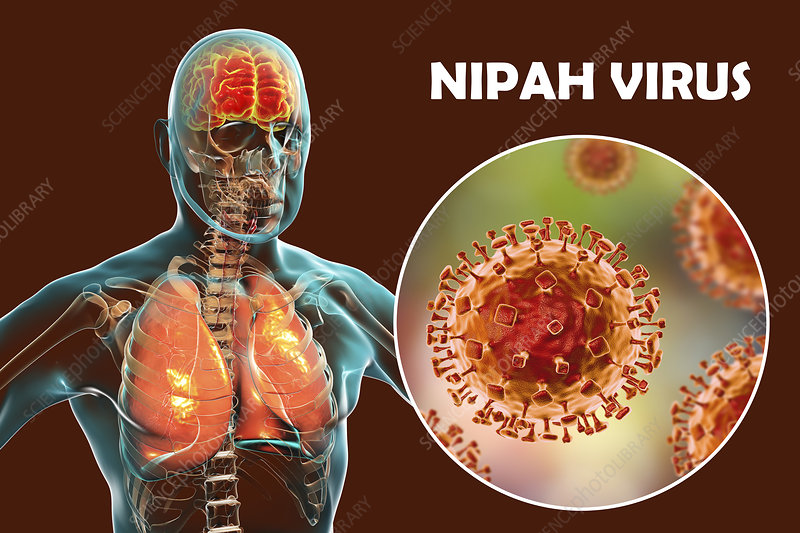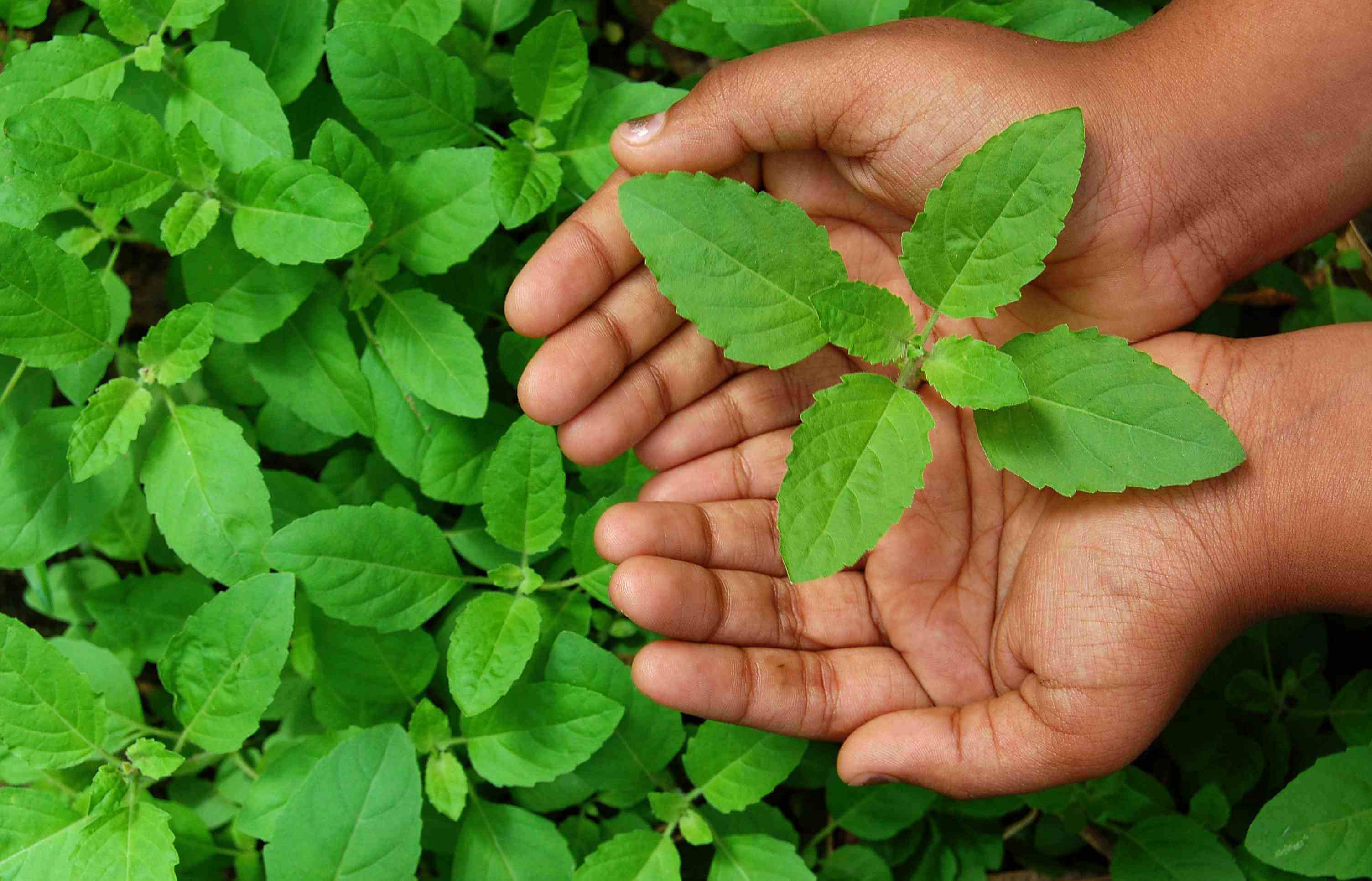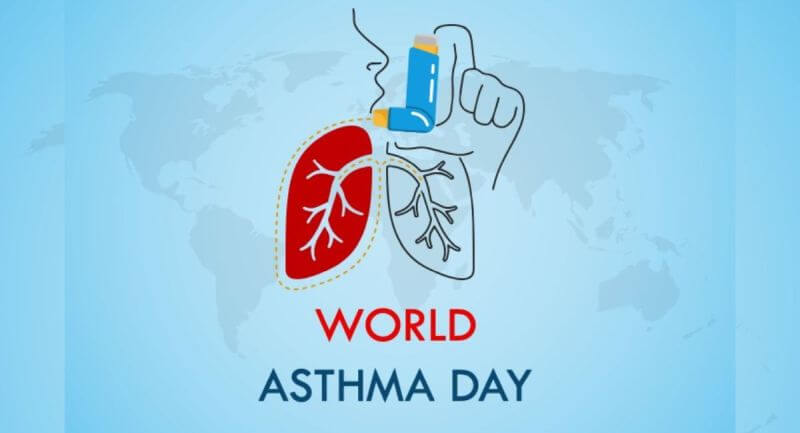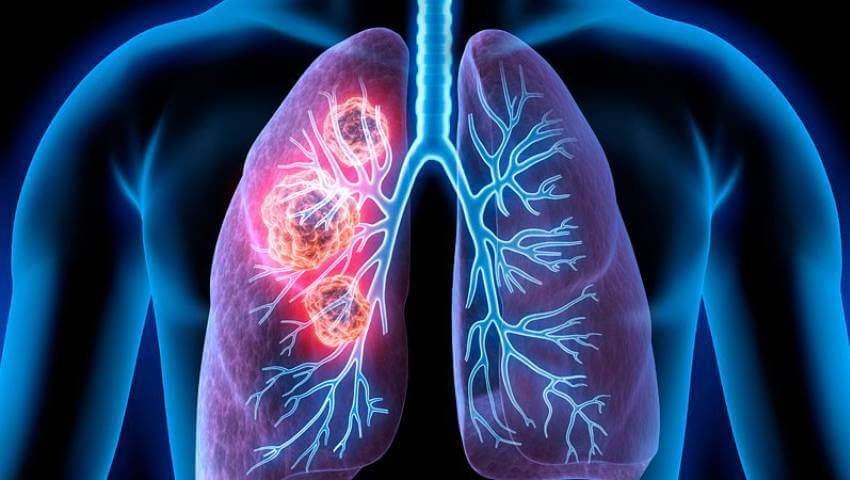Every meal triggers inflammation that activates immune system: study
Mon 23 Jan 2017, 11:21:43
Every time we eat a meal, an inflammatory response is trigerred in the body that activates the immune system, according to a new study which suggests that overweight people may lack this response causing them to develop diabetes.The study also explains why infectious diseases occur more frequently in times of famine.
It is well known that type 2 diabetes (or adult-onset diabetes) leads to chronic inflammation with a range of negative impacts.A number of clinical studies have therefore treated diabetes by impeding the over-production of a substance involved in this process, Interleukin-1beta (IL-1beta).
In diabetes patients, this messenger substance triggers chronic inflammation and causes insulin-producing beta cells to die off, found researchers from the University Hospital Basel in Switzerland.
In healthy individuals, short-term inflammatory responses play an important role in sugar uptake and the activation of the immune system.Researchers showed that the number of macrophages (a type of immune cell) around the intestines increases during meal times.
These
so-called "scavenger cells" produce the messenger substance IL-1beta in varying amounts, depending on the concentration of glucose in the blood.This, in turn, stimulates insulin production in pancreatic beta cells. The insulin then causes the macrophages to increase IL-1beta production.
so-called "scavenger cells" produce the messenger substance IL-1beta in varying amounts, depending on the concentration of glucose in the blood.This, in turn, stimulates insulin production in pancreatic beta cells. The insulin then causes the macrophages to increase IL-1beta production.
Insulin and IL-1beta work together to regulate blood sugar levels, while the messenger substance IL-1beta ensures that the immune system is supplied with glucose and thus remains active.
According to the researchers, this mechanism of the metabolism and immune system is dependent on the bacteria and nutrients that are ingested during meals.With sufficient nutrients, the immune system is able to adequately combat foreign bacteria.
Conversely, when there is a lack of nutrients, the few remaining calories must be conserved for important life functions at the expense of an immune response.
This may go some way towards explaining why infectious diseases occur more frequently in times of famine.
The study appears in the journal Nature Immunology.
No Comments For This Post, Be first to write a Comment.
Most viewed from Health
AIMIM News
Latest Urdu News
Most Viewed
May 26, 2020
Which Cricket team will win the IPL 2025 trophy?
Latest Videos View All
Like Us
Home
About Us
Advertise With Us
All Polls
Epaper Archives
Privacy Policy
Contact Us
Download Etemaad App
© 2025 Etemaad Daily News, All Rights Reserved.



























.jpg)




